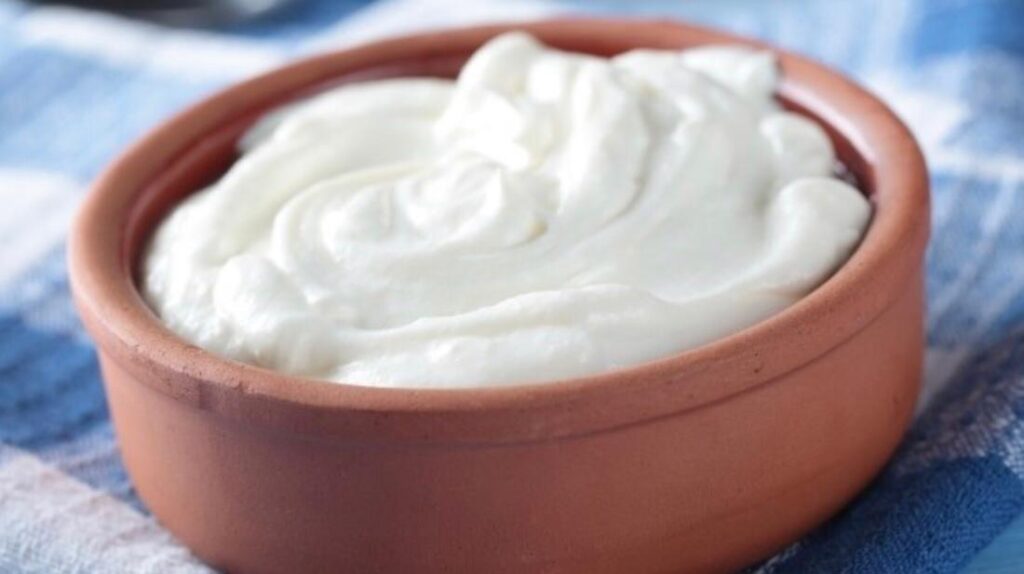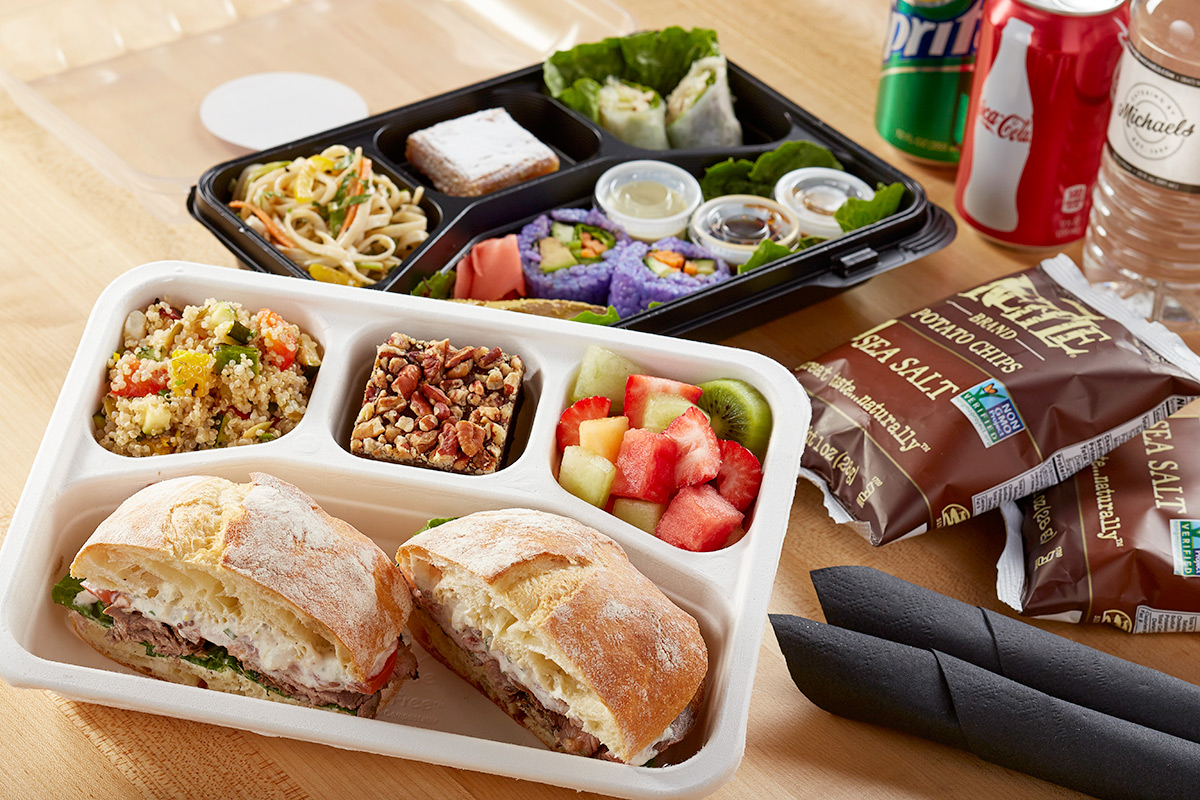We’ve all heard the joke about how hard it can be to order coffee nowadays. Among many other gourmet coffee shops, perhaps Starbucks is most (in)famous for giving us terms like “venti,” “cappuccino,” and “macchiato.” For those who enjoy coffee culture, its diverse and specialized jargon is part of its charm. For those who simply want a hot cup of joe to wake up in the morning, sometimes the last thing they need is to learn a new language.
Whether you’re a self-proclaimed coffee connoisseur or an old-fashioned, just-give-me-a-cup-of-coffee kind of person, one of the quickest and easiest ways to get great coffee at home is the single serve coffee maker. But, like any other coffee accoutrement, you have to learn the lingo in order to make an informed decision about which system is best for you. As it so happens, this article is about precisely that. The first thing you have to decide is if you want to go manual or electric. This article concerns electric single serve coffee makers; an article soon to follow will explain manual coffee makers.
Electric single serve coffee makers come mainly in three types, according to the brewing and filtering systems they use. Keurig and Tassimo make up two types because they each have their own unique brewing system, while a wide variety of brands, such as Senseo, Cuisinart, and Black & Decker, use standard-sized coffee “pods.”
Pods – Single Serve Pod Machines
Pod machines use small disks of coffee prepackaged in their own filter-paper. To brew, you slip a pod into the machine and press a button. The main advantage of the pod machine is the variety of coffee available. Because the pod is standard, many different companies can offer their coffee in pod form, from well-known names such as Lavazza or Millstone to newer entries such as Senseo’s Douwe Egberts pods. In addition, you can buy your own pod-maker, such as the Perfect Pod, which lets you choose any brand of coffee and make your own ready-to-use pod.
K-Cups – Keurig Single Serve Coffee Makers
Keurig, from the Dutch for “excellence,” uses a special filtration product called a K-cup. A K-cup is a self-contained unit that you place directly in your Keurig coffee maker. The machine punctures the K-cup and sprays hot water over the grounds, which drips through a miniature filter and into your cup in about a minute. Many companies, such as Caribou Coffee, Timothy’s, Coffee People, Tully’s, and Gloria Jean’s, offer their own K-cups, so you actually have a good selection of high-quality coffees that are readily available on-line. But the really cool thing about K-cups is that, since they are self-contained, you can switch beverages without having to clean the machine. That means you can buy Twinings or Bigelow tea K-cups, as well as Ghirardelli hot cocoa K-cups.
T Discs – Tassimo Single Serve Coffee Makers
Tassimo machines, like Keurig, use their own, self-contained filtration called a T Disc. T Discs are similar to K-cups but they add a hi-tech component: a bar code on each T disc tells the machine precisely how to make your beverage, be it coffee, espresso, hot cocoa, or tea – that’s water temp, brewing time, and volume, all with the push of a single button, one right after the other. Brands making T Discs include Starbucks, Seattle’s Best, Maxwell House, Gevalia, Carte Noire, Tazo, and Twinings.
A Note on Espresso Machines
One last note: technically, an espresso machine could qualify as a single serve coffee maker, since it generally produces one or two shots of espresso per brew cycle. The main difference between most espresso machines and what tend to be classed as single serve coffee makers is that espresso machines use loose grounds which you measure and tamp yourself, while the single serve machines all rely on pre-packaged grounds. In addition, single serve coffee makers such as the Keurig or Tassimo machines have the added advantage of making more than just coffee or espresso, so with them you can please all your guests, whatever their pleasure.
So, there you go – armed with these basic terms you’re ready to sound smart when you talk single serve coffee makers.





More Stories
10 min • How to Cook Ground Chicken • Loaves and Dishes
Tres Leches Cake – The Cookie Rookie®
Cooking Equipment – Gas Or Electric?